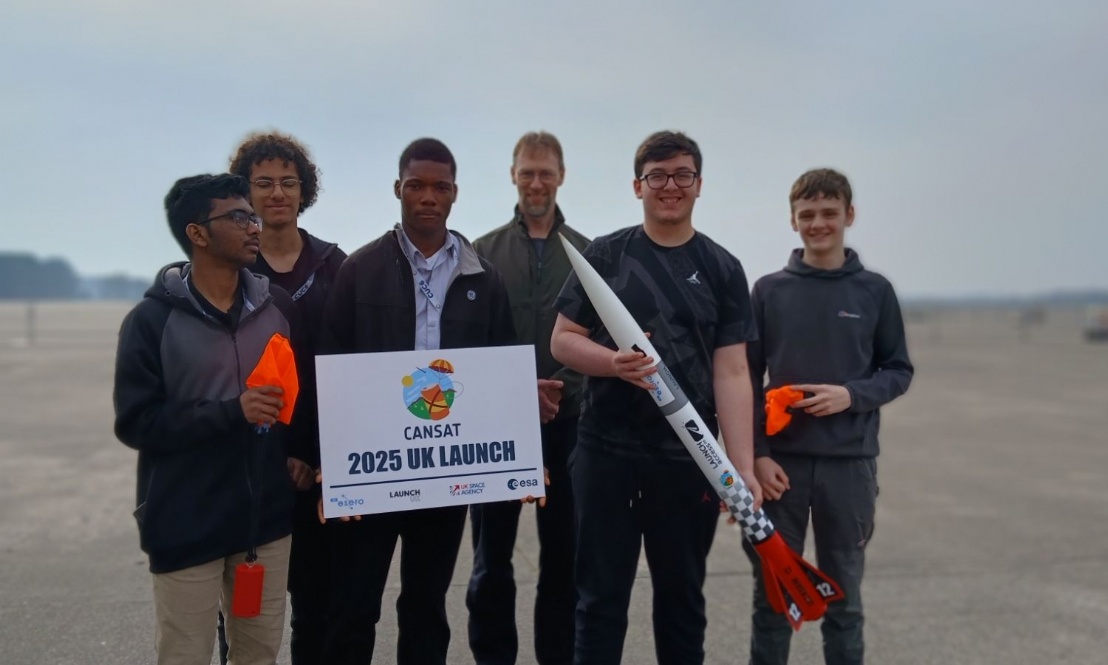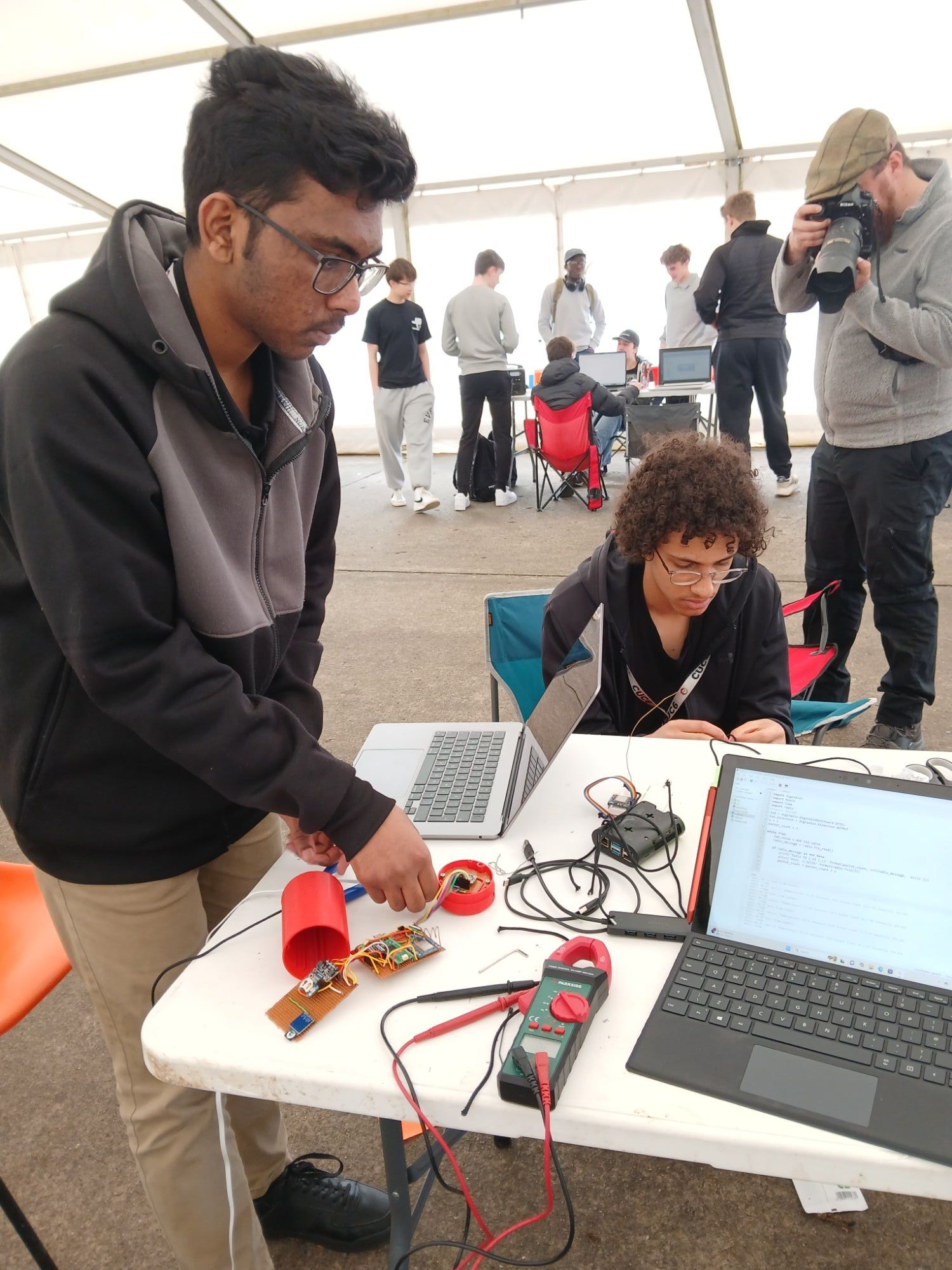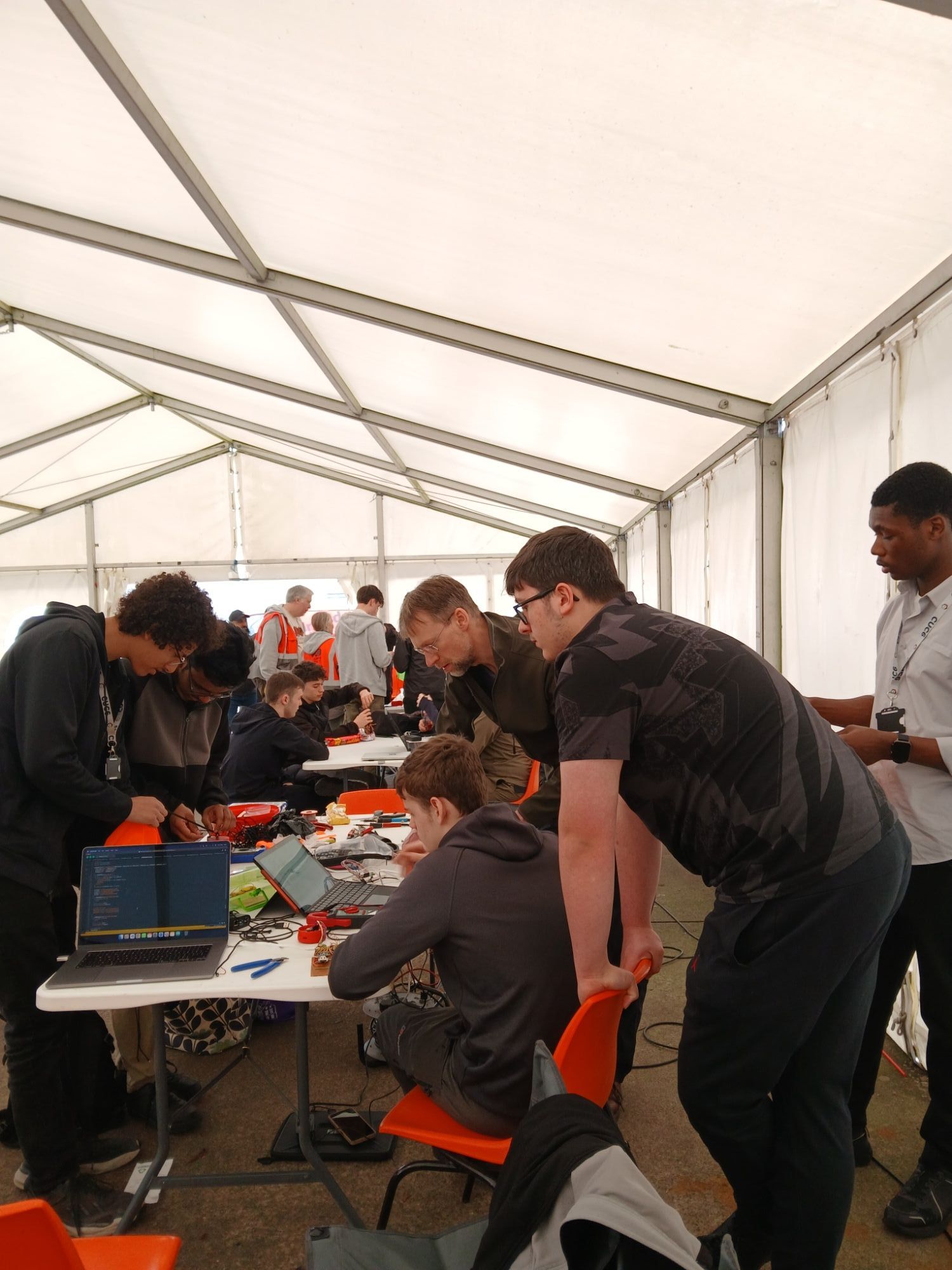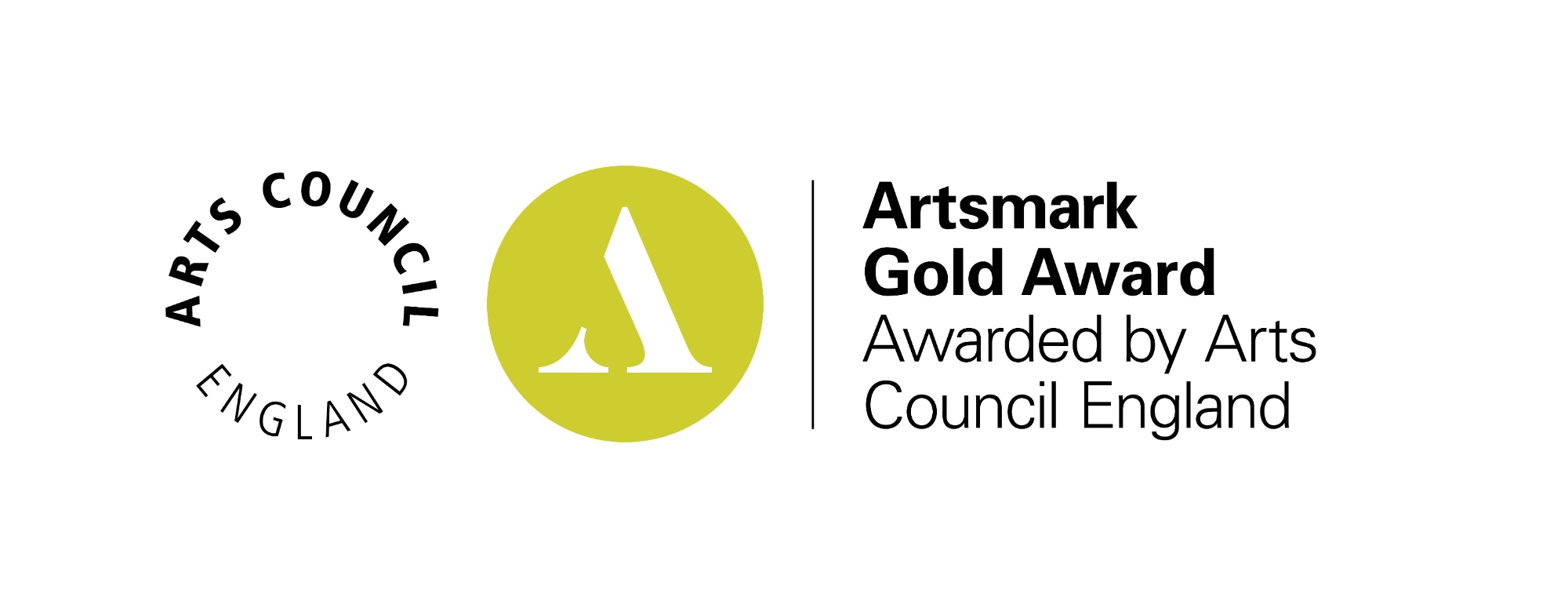
This academic year, a dedicated group of Year 12 Computer Science students from Studio School took part in an exhilarating hands-on experience as they launched their own satellite prototypes at the CanSat regional launch event in York.
CanSat, an annual competition organised by the European Space Agency and coordinated in the UK by STEM Learning, challenges students to design, build, and launch a satellite the size of a drinks can. These mini-satellites are launched by rocket up to an altitude of around 300 metres, before descending back to earth under parachute while transmitting real-time data such as temperature and pressure back to a ground station.
Months of Hard Work and Innovation
Since September, our six students have been working tirelessly on the project as part of their PBL (Project-Based Learning) lessons within the Computer Science pathway. With only one timetabled hour a week, they dedicated many additional hours outside of class to bring their ambitious designs to life. The team split into two groups, developing two rockets named Falcon 9X and Sat in a Can — and their hard work culminated in the launch event at Elvington Airfield, a former RAF base.



Design, Build, Launch
Working alongside Mr. Anthony and Dan in the engineering lab, the students designed and 3D printed their CanSat casings using Fusion 360, applying skills they developed last year. They even went a step further by designing and building their own parachutes, writing the software for data transmission, and soldering the electronics together — all essential for a successful flight.
Although they narrowly missed out on qualifying for the national final following their critical design review, the team still relished the opportunity to participate in the launch event, where they could test their satellite in real conditions and engage with other teams from around eight other schools.
Teamwork and Real-World Skills
Rhiam, one of the dedicated team members, along with Jamie Woods and Lewis Jenkins, reflected on the experience as an invaluable chance to work collaboratively across disciplines. The students learned not only technical skills in software and electronics but also crucial teamwork, problem-solving, and communication as they managed different phases of the project from conception to completion.
A standout element of this year’s competition was the outreach component, which encouraged teams to share their journey with the wider community. Our students have plans to continue promoting STEM learning at Studio School, inspiring younger years, especially Year 10s, as they begin their own adventures in electronics and PCB design.
Laying the Groundwork for Future Success
Mr Bearon commented, “This project has been a brilliant example of applied learning. The students have really pushed themselves — designing PCBs, learning new tools in Fusion, and seeing a project through to a working prototype. It’s great groundwork for future years, and we’re excited about what’s next.”
While the strong winds on launch day prevented optimal conditions, the team gained invaluable hands-on experience preparing for launch, learning from experts about rocket mechanics, and ensuring their projects were flight-ready.
Proud Achievements and What’s Next
We’re incredibly proud of the dedication, innovation, and teamwork our students have demonstrated throughout this challenging project. Not only have they developed valuable technical skills, but they’ve also shown resilience and creativity — essential qualities for any budding engineer or computer scientist.
Watch this space — we have no doubt you’ll be hearing about more incredible projects from this talented group!

